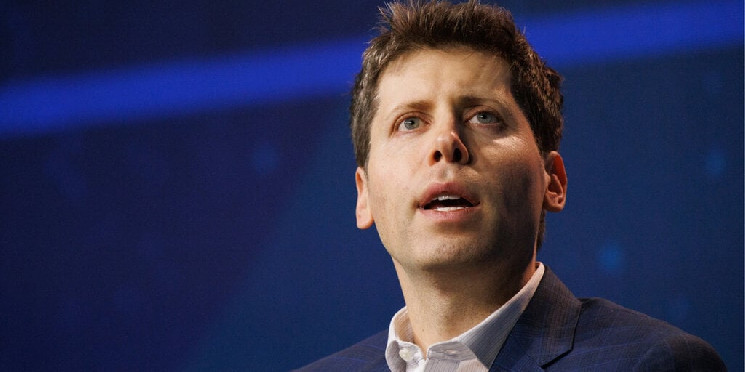Altman was abruptly removed from his post, sparking a week of drama at the tech firm that almost led him to join OpenAI investor Microsoft before he was reinstated as CEO. along with a new initial board that did not include him.
"We have unanimously concluded that Sam and [co-founder] Greg [Brockman] are the right leaders for OpenAI," board chairman Bret Taylor said in the announcement.
The internal review was conducted by law firm WilmerHale, and included interviews with dozens of individuals and an evaluation of over 30,000 documents, OpenAI said. It cited a "breakdown in trust" between the prior board and Altman. While the board acted within its discretion, the report concluded that Altman's conduct "did not mandate removal."
“The prior board believed at the time that its actions would mitigate internal management challenges and did not anticipate that its actions would destabilize the company," WilmerHale wrote. ”The prior board’s decision did not arise out of concerns regarding product safety or security, the pace of development, OpenAI’s finances, or its statements to investors, customers, or business partners.”
There were rumors that Altman had been removed because the company's AI research had made a potentially dangerous discovery.
OpenAI meanwhile announced the election of three new board members: Sue Desmond-Hellmann, former CEO of the Bill and Melinda Gates Foundation; Nicole Seligman, former EVP and Global General Counsel of Sony; and Fidji Simo, CEO and Chair of Instacart. They join current board members Adam D'Angelo, Larry Summers, and Bret Taylor, as well as Altman.
The board also made changes to OpenAI's governance structure, including new corporate governance guidelines, a strengthened conflict of interest policy, a whistleblower hotline for employees and contractors, and additional board committees focused on mission and strategy.
Altman's reinstatement to the board comes just days after Elon Musk, who helped found OpenAI, filed a lawsuit against the company and its leaders, accusing them of breaching contractual agreements and abandoning the original mission to develop AI for the "benefit of humanity” instead of profit.
In response to Musk's lawsuit, the company released a series of internal emails suggesting that Musk was also focused on profits.
"If you can't seriously compete but continue to do research in open, you might in fact be making things worse and helping them out 'for free,' because any advances are fairly easy for them to copy and immediately incorporate, at scale," Musk reportedly wrote.
Altman's return to the board and the expansion of its membership come amid growing concerns about the rapid development and potential risks of artificial intelligence. As one of the leading AI research organizations, OpenAI has faced increased scrutiny over its governance, transparency, and alignment with its stated mission.
"We recognize the magnitude of our role in stewarding transformative technologies for the global good," Taylor said.
 decrypt.co
decrypt.co
